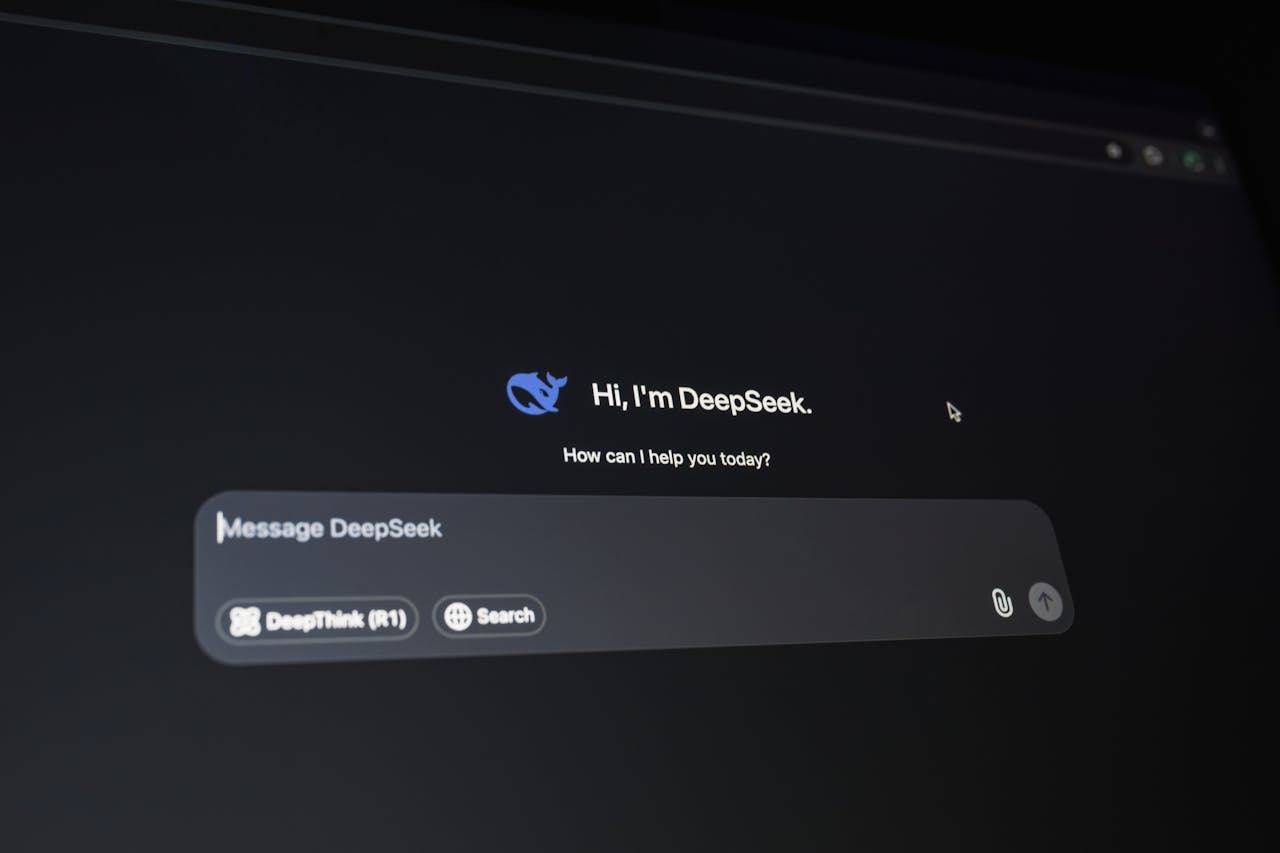The Future of Search is Generative: How To Win With Generative Engine Optimization
Search is undergoing the most profound transformation since Google launched in 1998. The familiar list of blue links is giving way to natural language answers generated by AI. Whether it’s ChatGPT, Google Gemini, Perplexity, or Claude, generative search engines are changing how information is discovered, interpreted, and presented. And for marketers, this creates both a challenge and a massive opportunity.
Welcome to the era of Generative Engine Optimization (GEO)—the future of search marketing.
From search to answer: why GEO matters
Traditional SEO has always focused on getting your content to rank highly in search engine results pages (SERPs). But generative engines don’t work like that. Instead of listing websites, they synthesize information from across the web into coherent, conversational responses. These answers might reference your content, but they often won’t link to it—or even mention your brand.
That’s a problem. It means you could be contributing knowledge to the answer without receiving credit, clicks, or visibility.
Generative Engine Optimization (GEO) is the practice of making sure your brand isn’t just a silent contributor—it’s a quoted, cited, and trusted source in AI-generated answers.
Understanding the generative search landscape
Today’s generative engines can be divided into three main types:
- Training-based AI (e.g., Claude, GPT-4) – Answers are pulled from pre-2024 training data unless updated via plugins or web search.
- Search-augmented models (e.g., Perplexity, SearchGPT) – These models fetch real-time web content and cite sources inline.
- Hybrid models (e.g., Gemini, ChatGPT+Search) – These dynamically decide whether to use training data or live web results.
Each of these engines interprets content differently, so a one-size-fits-all approach won’t work. To win with GEO, your strategy needs to be AI-native and context-sensitive.
Key principles of GEO success
Here are five foundational principles to help your brand thrive in generative search:
1. Content depth > keyword density
Generative engines prioritize contextually rich, fact-based, and expert-level content. Research shows that deep, well-organized content has a much higher chance of being cited by LLMs than short or shallow pages.
Tip: Focus on answering questions comprehensively. Use bullet points, subheadings, and direct quotes. Include data, statistics, and expert opinions to establish authority.
2. Be structured for AI
AI systems struggle with messy code, slow pages, or over-engineered web design. Clean HTML, semantic structure, and fast load times are critical for AI accessibility.
Tip: Use schema markup, clearly label headings, and position key insights early on the page. Also, allow AI crawlers in robots.txt—don’t accidentally block them.
3. Claim your citations
Want ChatGPT or Perplexity to actually name your brand? Help them out. Use phrasing like “According to [Brand]” and include citations to yourself where possible. The more clearly you associate facts with your brand, the more likely you’ll be mentioned directly.
4. Focus on conversational queries
People are now asking complete, nuanced questions—not just keywords. GEO means understanding the intent behind those queries and creating content that speaks like a human, not a search engine.
Tip: Optimize for long-tail, question-based searches like “What’s the best way to reduce SaaS churn in 2025?” rather than generic terms like “SaaS churn.”
5. Track AI answer visibility
Like SEO tracks rankings, GEO requires tracking where and how your brand shows up in generative answers. Tools like Rankshift’s LLM monitoring can help you measure Share of Voice in AI results.
Tip: Start by identifying your top brand-related queries, then monitor how often you’re cited when those questions are asked in AI tools.
The competitive edge of early GEO adoption
The brands that adapt first to GEO will have a huge head start. In many industries, generative search is already diverting significant attention away from traditional Google search. Gartner predicts that by 2026, search engine volume will decline by 25% as generative platforms take over.
This isn’t a theoretical shift—it’s happening now. Marketers who build GEO into their content strategy today will enjoy increased visibility, stronger brand authority, and a front-row seat in the AI-powered future of search.
Final takeaway
The future of search is no longer about ranking #1 on Google—it’s about being the voice AI quotes when users ask a question. To win in this new paradigm, your brand must adapt, evolve, and embrace Generative Engine Optimization.
Search is still about trust. It’s still about answers. But now, the real question is:
When AI gives those answers… will it mention you?



